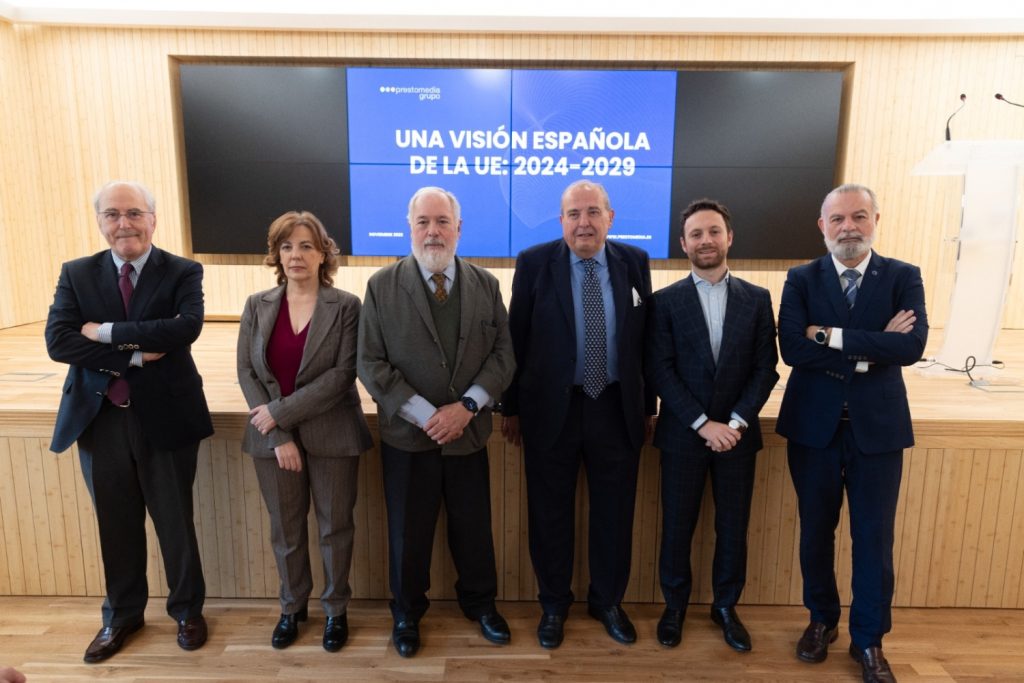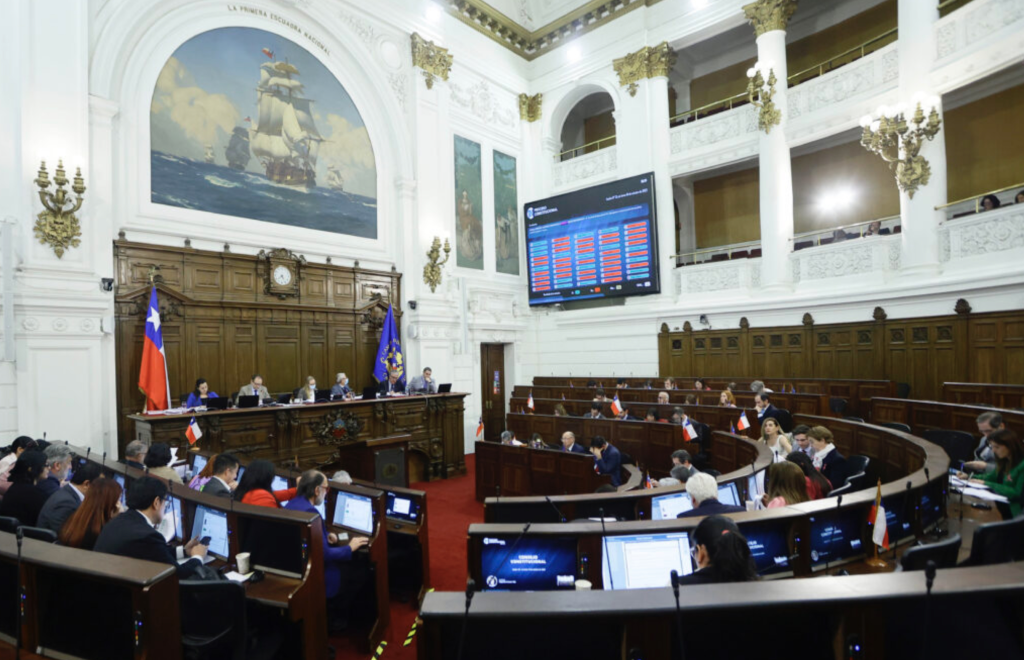
THE SPANISH GOVERNMENT BELIEVES THAT MILEI WILL NOT BE AN OBSTACLE IN EU-MERCOSUR NEGOTIATIONS
By Eduardo González, The Diplomat in Spain
The President of the Government, Pedro Sánchez, will meet next December 1 in Dubai with the President of Brazil, Luiz Inácio Lula da Silva, to take stock of the negotiations on the Association Agreement between the European Union and Mercosur, in the final stretch of the Spanish and Brazilian presidencies of the two blocs.
The bilateral meeting, for which a time has not yet been set, will take place in the margins of the twenty-eighth Conference of the Parties to the United Nations Framework Convention on Climate Change (COP28), which began on November 29, 2023 in Dubai (United Arab Emirates) and which will be attended by both presidents.
It will also take place just five days before the Mercosur Summit is held in Brasilia, where Brazil will transfer the rotating presidency to Paraguay. On the other hand, Spain begins on the same day the sixth and last month of its presidency of the EU Council.
According to Moncloa sources, Sánchez and Lula share a “clear political will” in favor of the agreement and have even held several telephone conversations for this purpose, the last one in early November. Likewise, in the last few days there have been contacts at ministerial level between the two countries to review progress and try to push forward the negotiation process.
During the meeting in Dubai, the same sources continued, Sanchez and Lula will try to promote the political negotiations necessary for a successful conclusion, since both governments consider that if an agreement is not reached at this time, in which a favorable political will prevails, it could be difficult to achieve it in the future.
In this respect, the aforementioned sources recalled the recent changes of government in some countries of the two blocs. The most relevant and unpredictable case is the victory of the ultra-right-wing Javier Milei, who will be sworn in as President of Argentina on December 10. However, the same sources indicated that the future Argentine government has given “reasonably favorable” signals regarding the EU-Mercosur agreement and everything points to the fact that it will not hinder the negotiations between the two parties.
In recent declarations, the future Argentine Minister of Foreign Affairs, Diana Mondino, assured that her country will not oppose the agreement.
Last April, during his state visit to Spain, Lula declared that the Spanish Presidency of the EU and the Brazilian Presidency of Mercosur would be an “excellent opportunity” to try to materialize the rapprochement between both organizations in concrete advances. “All countries have their interests, but we have to value that with the agreement there will be a win-win scenario, so it is important to reach a conclusion,” he said.
Last Monday, Pedro Sánchez had a telephone conversation with the President of Paraguay, Santiago Peña, in which he conveyed Spain’s commitment to promoting the negotiations during the Spanish Presidency of the Council of the EU. In September of this year, the President of Paraguay warned that the agreement should be closed at the beginning of December, otherwise the negotiations could break down and there would be a risk that they would not be resumed.
For his part, the European Commission’s economic vice-president, Valdis Dombrovskis, recently declared that EU leaders remain “fully committed to bringing the EU-Mercosur agreement to the finish line before the end of the year”.
Dombrovskis, who addressed the issue during a lunch in Brussels with the trade ministers of the 27 member states, said that progress is being made in technical contacts to fine-tune the so-called “additional instrument” on sustainability, one of the major stumbling blocks to closing the deal. Brussels’ objective is to achieve a joint declaration between all the parties involved to reinforce the environmental safeguards.
The Association Agreement between Mercosur and the EU was closed in 2019 after more than twenty years of negotiations, but has not yet entered into force because of discrepancies.
At the moment, France is one of the main stumbling blocks within the EU for an agreement to be reached, but Spanish government sources have expressed their desire for it to change its position.
Even if the agreement is reached this year, its entry into force will not be immediate because it will have to be approved by the Parliaments of the different countries, the 27 EU Member States (plus the European Commission) and the four Mercosur Member States.
This news was originally published in Aquí Europa, in collaboration with The Diplomat in Spain, both members of EditoRed and with whose permission we reproduce it here.



